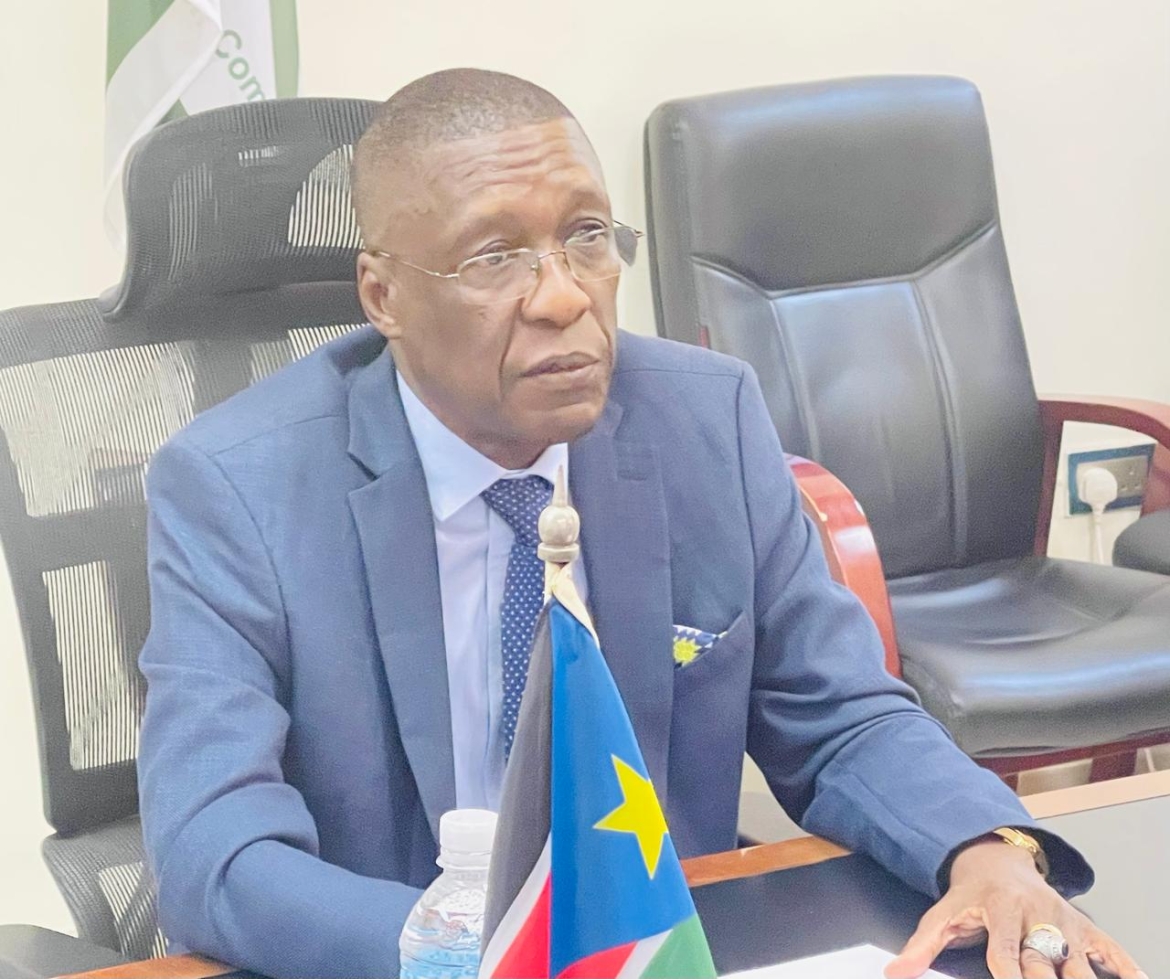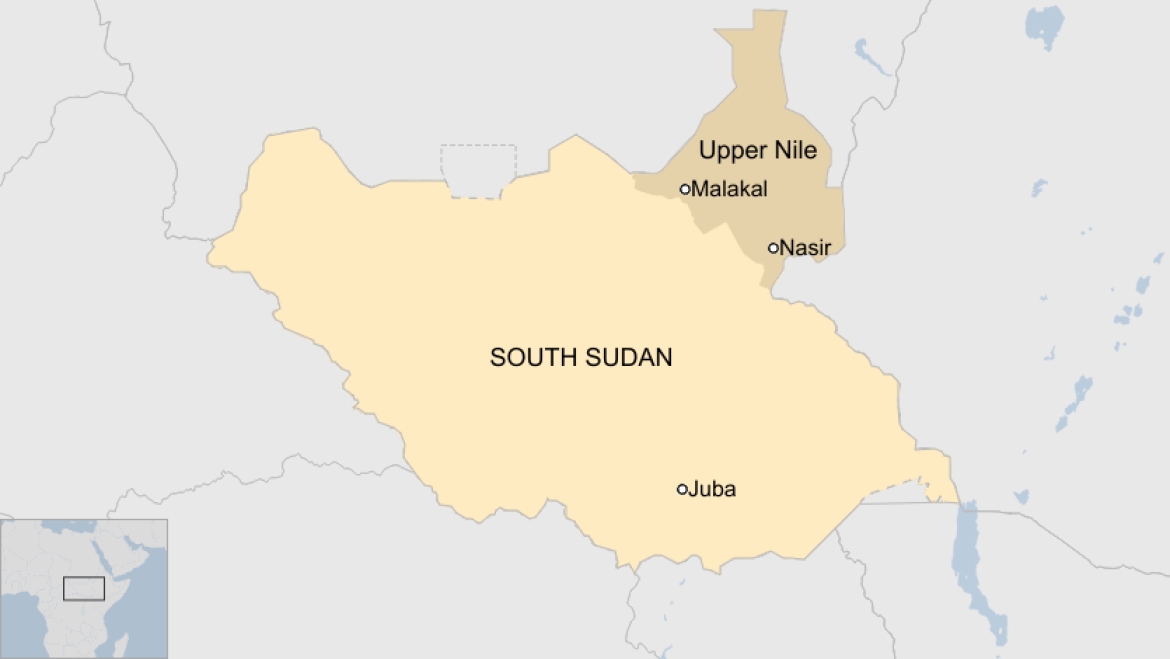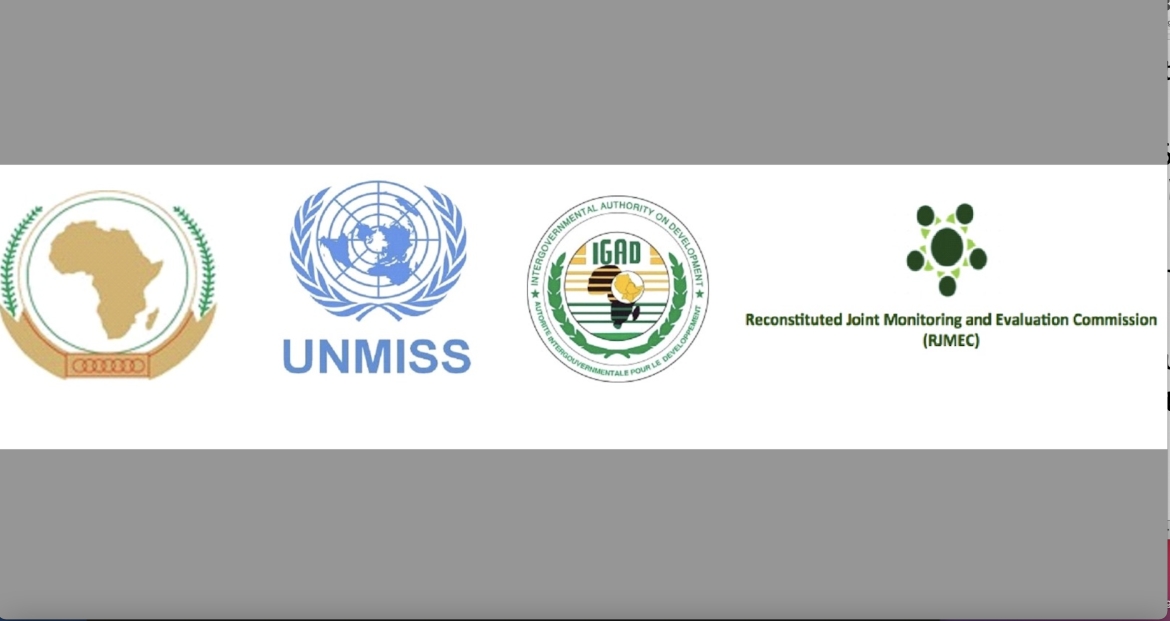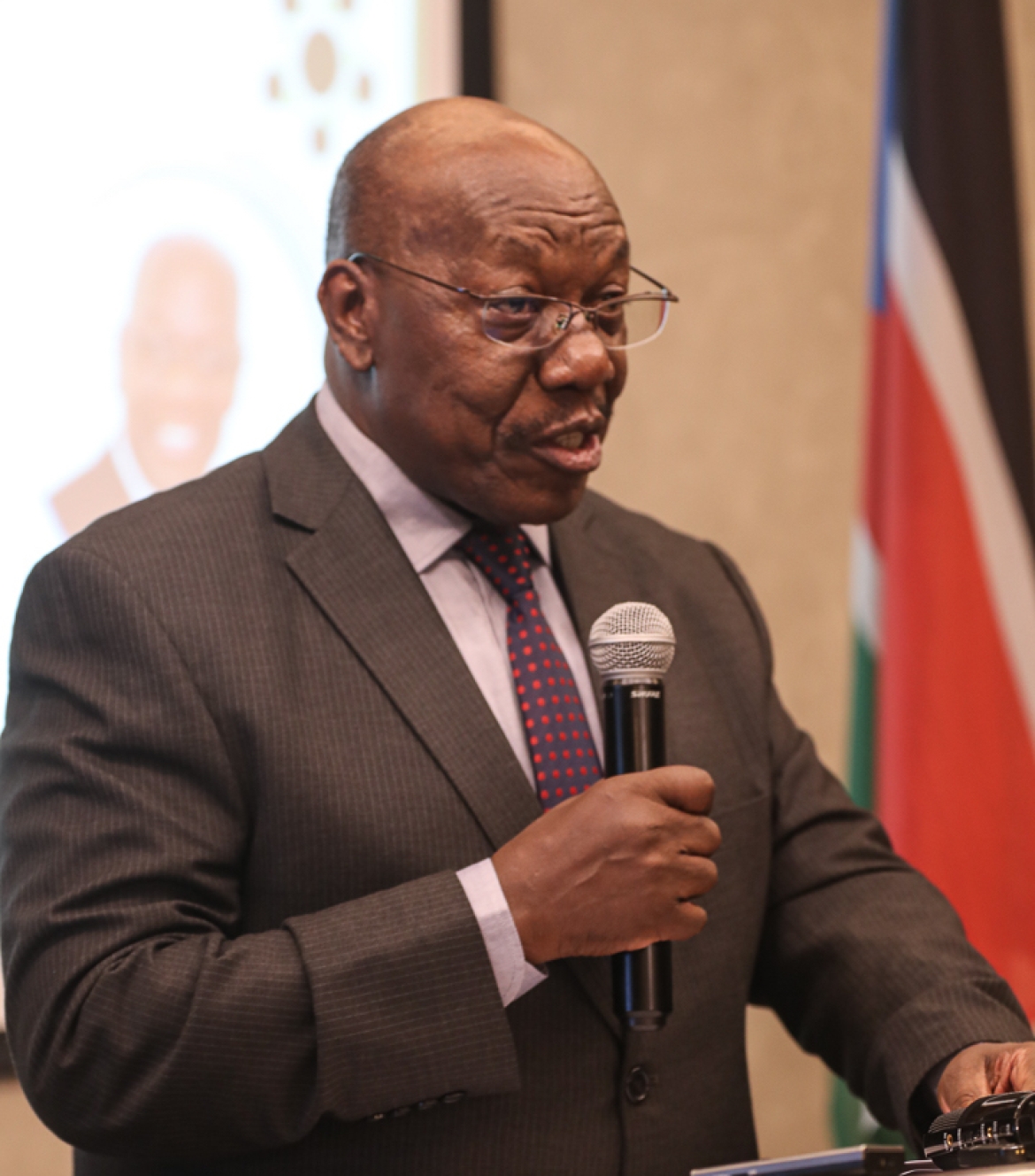South Sudan facing economic crises amid optimism, says JMEC report
The government faces an “economic crisis”, which if left unchecked could lead to a further deterioration and possibly heightened social unrest, the Joint Monitoring and Evaluation Commission (JMEC) has said.
This could negatively impact the Peace process, said the Commission.
“Indeed, unless the government succeeds in mobilizing financial assistance, we can expect a deepening crisis,” the report said.
In the past few months, the Commission said, the Transitional Government of National Unity (TGoNU) has been faced with a worsening economic and fiscal situation.
“Regrettably the economy continues to experience a noticeable decline compounded by high inflation and a deteriorating exchange rate. In an effort to halt the slide in the exchange rate the TGoNU initiated measures to curb activity within the Black Market and also made more foreign currency available,” the report reads in part.
The quarterly report covering the period December 12017 to March this year, is submitted to the Inter-governmental Authority on Development (IGAD) pursuant to Chapter VII, Article 5 of the Agreement on the Resolution of the Conflict in the Republic of South Sudan (ARCSS).
On the fiscal front, the Commission said, TGoNU’s revenues are being severely affected as it seeks to pay down arrears due to the government of Sudan under the Oil Agreement.”
This has placed a tremendous burden on the government’s ability, the report adds, to meet its other spending obligations in the interim.
“Ultimately the resulting cash flow allows little room for meeting salary payments, and other operating and capital expenditures. Currently, government owes public workers five months of salary arrears,” the report said.
The three-month report, said the deteriorating fiscal situation has also limited the scope for peace expenditures envisaged under the Peace Agreement including the financing of State and other communities’ budgets.
However, despite severe fiscal constraints, the Commission said, TGoNU “must be commended on the work that it has started with the support of the African Development Bank, and consistent with the recommendations in Chapter IV of the Agreement, on the establishment of a Revenue Authority.”
“To date a Commissioner from Rwanda has been appointed and work has started on auditing some of the larger business enterprises. Success in raising additional non-oil revenue is particularly important in the context of recent developments within the oil sector.”





